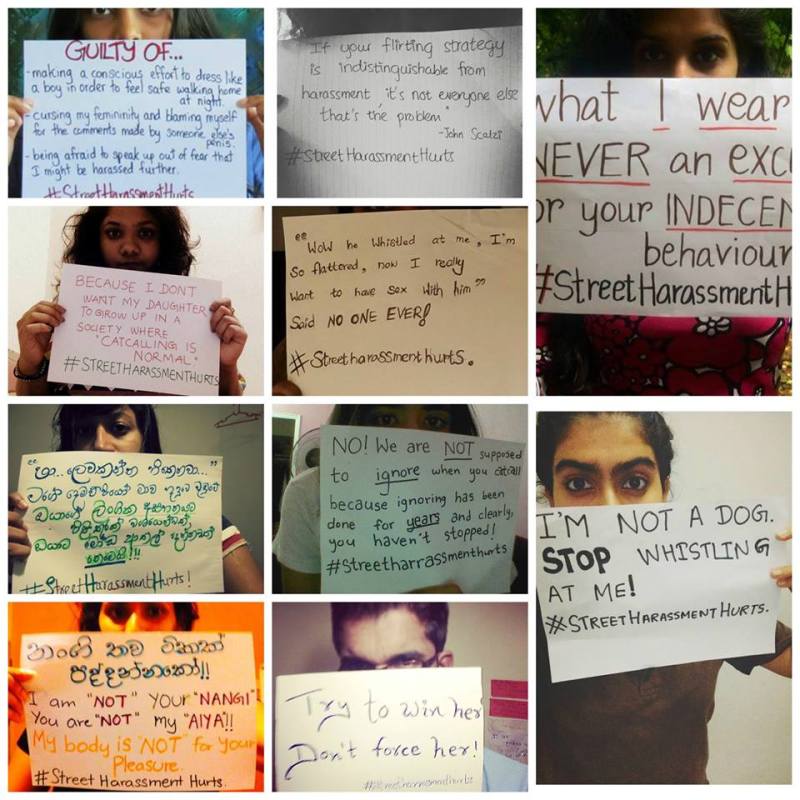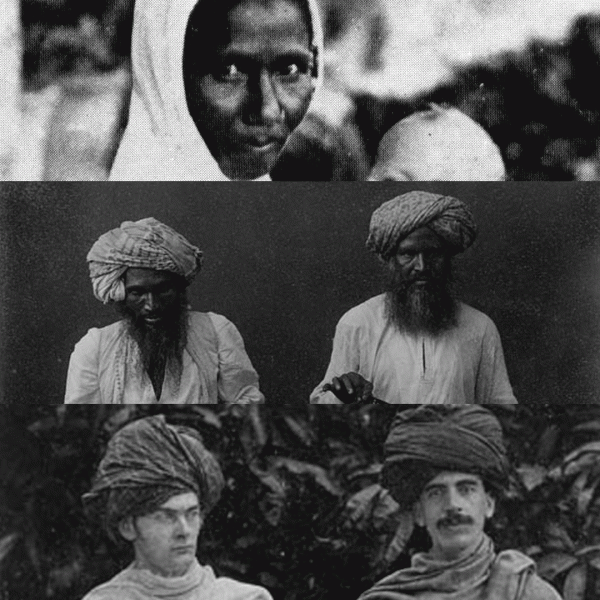
How many times have you walked on the streets, forcibly conscious of what you’re wearing because three to four passersby have stared you down, mentally undressing you? “Disgusting”, “offensive” and “obscene” are some of the words that may come to your head as you desperately ignore the hoots or whistles as you hurry to your car or walk in the shadows.
The Facebook page, Streetharassmenthurts, is gathering a large community on the Internet in an attempt to create awareness that what a man, woman or child wears should not justify what happens on the roads every day- to people everywhere. From personal encounters posted anonymously to videos and pictures exemplifying how cruel street harassment is, the Facebook page and blog is gaining increased traction. This is getting them closer to their ultimate aim, which is to overturn the regressive perspectives where material items and the way you carry yourself determines how you will be assessed by complete strangers.

Many posts consist of incidents mainly written by females – short experiences on the local bus, walking home after school or even hisses from tuk-tuk drivers in by-lanes. A recurring theme in each post is women stressing on what they were wearing at the time, and it is in fact a shift away from focusing on their attire that is a primary objective the movement is trying to achieve.

However, the page does not overlook how men and children get abused in similar ways, too. We tend to hear of it less because it happens in the shadows; particularly in a place which struggles to view women as anything other than victims and where men aren’t openly homosexual. Majority of the posts feature men in Western countries who are suffering from verbal and physical acts of abuse. If we gradually unveil the traumas that many men have endured – and are still going through – too, we would be shocked at the very least.
“Physically, it felt really good. And at the same time it was the worst thing that could have possibly happened to me, like, I was less than human. And all the guys were laughing at me about it, calling me faggot for not enjoying it.”
Unfortunately, awareness is at a minimum in our country and people still defend the violator, constraining people to narrow ideas of ‘decent’ or ‘acceptable’. Streetharassmenthurts has the capacity to contribute towards spreading knowledge and changing individuals attitudes towards something they believe in as “harmless fun”.
Join in with the hashtag #StillNotAskingForIt and #StreetHarassmentHurts so that males, females children and just about everyone can stop living in fear; so we no longer have to take alternative routes to get where we want to; so we don’t have to travel in groups at odd hours. And most importantly, so we can feel safe, happy and secure in our own homeland.



.JPG?w=600)





